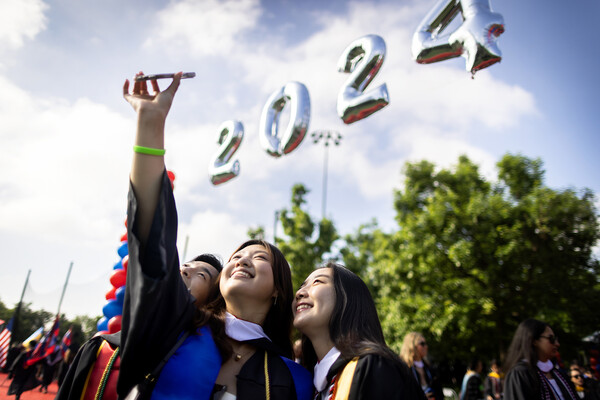Performers and audience unite
I’m new here. It’s the only lame excuse I have, as the father of a 12-year-old, for visiting the International Children’s Festival for the very first time this year. I never expected to be moved. While we stood in line for a show downstairs at the Annenberg Center, music started. It sounded as if an entire African village had descended upon Philadelphia and declared a holiday.
It called to us. I believe I heard “Buy tickets to our show!”
So, with son Eric, 12, and daughter Eden, 7, my wife Donna and I bought tickets to the Ndere Troupe’s next performance at the Zellerbach. The music started and at once more than a dozen men and women exploded into view in costumes of yellow, orange and turquoise with hip-length red fringe that moved even faster than the dancers. Drums and unfamiliar wind instruments took life in exciting Ugandan songs.
In Uganda, there is no distinction between performer and audience, said Stephen Rwangyezi, Ndere’s director and storyteller. The audience clapped and moved and got up on their feet. Children were invited to the stage. All of the children were called, and all but a very few lunged forward, waiting to be pulled up and into the celebration. I escorted daughter Eden halfway up the aisle before she broke from my handhold and ran up.
From my seat I saw a great diversity of people, little round ones, willowy tall ones, children of every shade from ebony to the palest pink, the very young and the young at heart, all with smiles, totally in the moment, having a blast. My reaction was visceral. This is The Point to this magical day, and I am grateful.
The word Ndere means flute. Every culture has a flute. The gentleman on the stage summed it well saying, if every culture in the world can appreciate the sounds that come from one simple, hollow pipe, why on earth can’t we find a way to appreciate each other? Why indeed.
Nothing needed to be explained to those kids up on that stage. They heard the music calling to them, and they answered the call, together.







